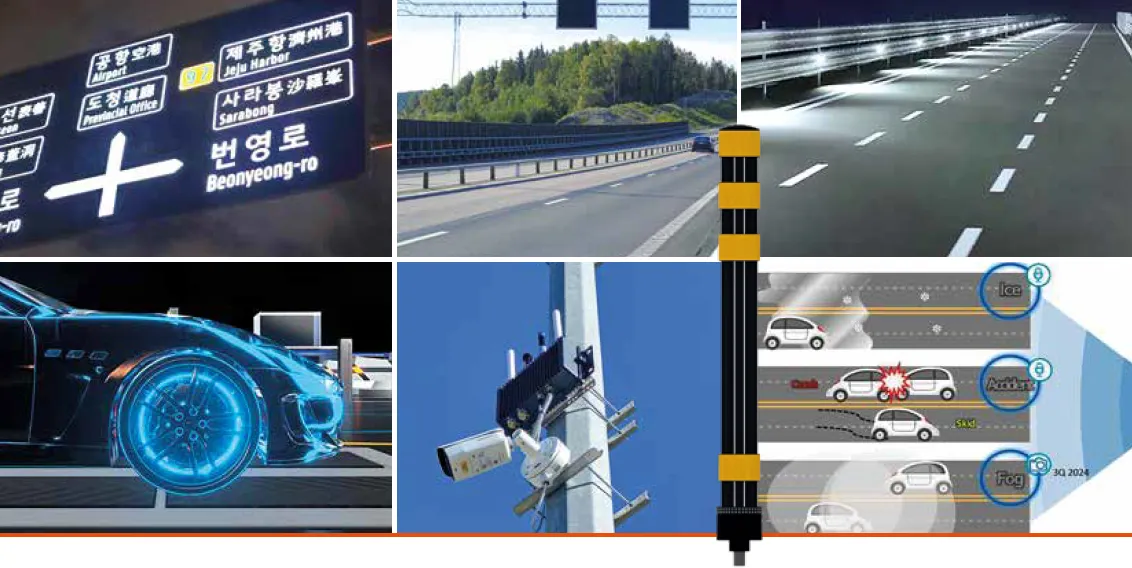From August 2017, roadside checks of lorries carried out by the UK Driver and Vehicle Standards Agency (DVSA) will include an emissions check.
DVSA will be target lorry drivers and operators who try to cheat vehicle emissions. The new checks will target those who break the law and will help to improve air quality.
DVSA’s enforcement staff and their European counterparts have found evidence that drivers and operators use emissions cheat devices to cut the cost of operating. These include:
- using devices designed to stop emissions control systems from working
- removing the diesel particulate filter or trap
- using cheap, fake emission reduction devices or diesel exhaust fluid
- using illegal engine modifications which result in excessive emissions
- removing or bypassing the exhaust gas recirculation valve
DVSA enforcement officers will give the driver and operator 10 days to fix the emissions system if they find a vehicle with tampered emissions readings. If the emissions system isn’t fixed within that time, DVSA will issue a fine and stop the vehicle being used on the road.
DVSA enforcement staff can insist that a vehicle be taken off the road immediately if they find a driver or operator is repeatedly offending.
DVSA will investigate all Great Britain operators cheating emissions and pass the findings to the Traffic Commissioners for Great Britain, who have the power to remove operator licences.
DVSA will also continue to work with its counterpart agencies across Europe and further afield, to make sure that all offences committed by non-Great Britain hauliers are dealt with locally.
Lorry emissions checks to start at the roadside
From August 2017, roadside checks of lorries carried out by the UK Driver and Vehicle Standards Agency (DVSA) will include an emissions check.
June 26, 2017
Read time: 2 mins










